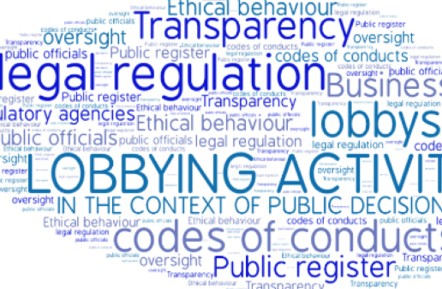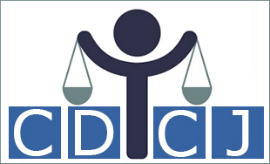On 22 March 2017, the Committee of Ministers of the Council of Europe adopted Recommendation CM/Rec(2017)2 on the legal regulation of lobbying activities in the context of public decision-making prepared by CDCJ, for promoting and increasing transparency of lobbying activities in this context.
CDCJ promotes and supports the implementation of this recommendation in member states.









